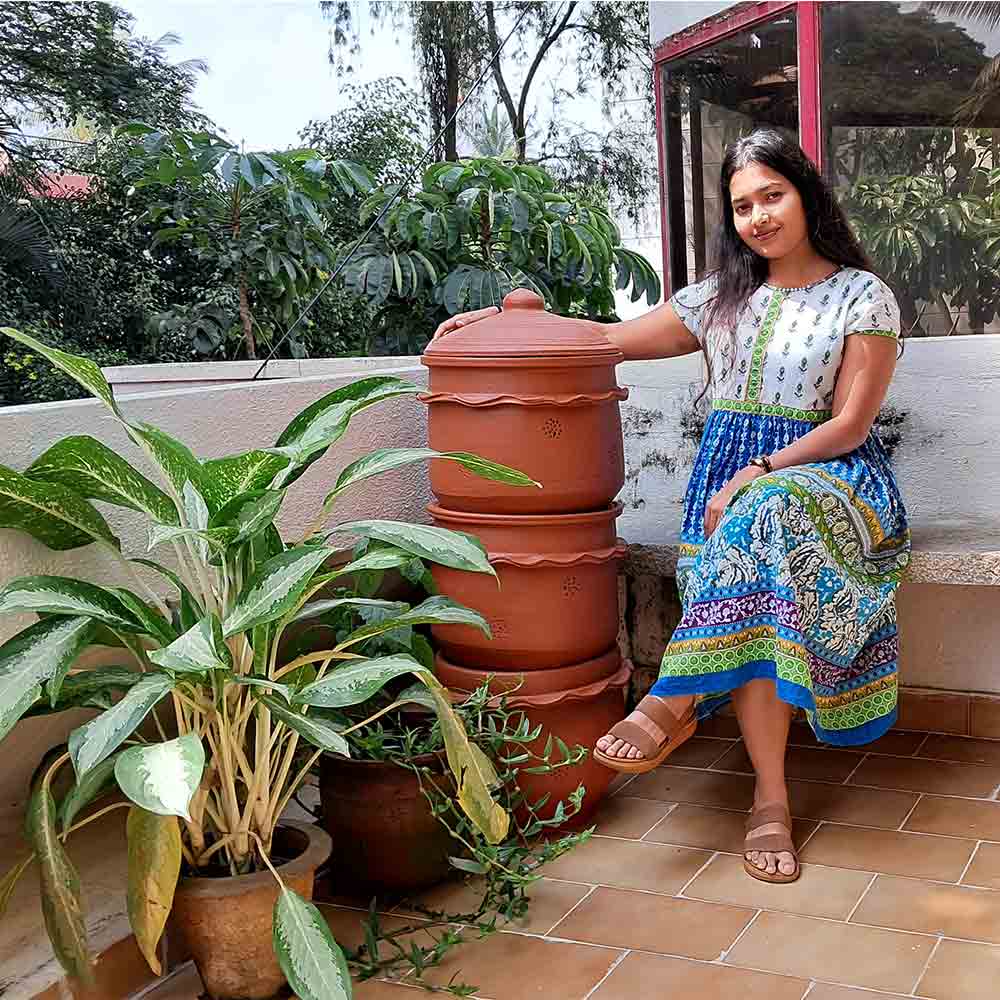
Eco-Friendly Alchemy: Mastering the Art of Composting at Home
Composting at home is more than just a sustainable practice; it’s a transformative alchemy that turns kitchen and garden waste into nutrient-rich gold for your soil. In this article, we’ll delve into the world of home composting, exploring its benefits, debunking myths, and providing practical tips for creating your own composting haven.
The Green Cycle: Unveiling the Magic of Home Composting
Home composting is a sustainable cycle that mimics nature’s way of recycling organic matter. It involves collecting kitchen scraps, yard waste, and other organic materials, allowing them to decompose naturally. As these materials break down, they transform into a nutrient-rich compost that enriches the soil, fostering healthier plants and reducing the need for chemical fertilizers.
Breaking Down the Basics: What Goes into Your Compost Bin
Successful composting at home begins with understanding what goes into your compost bin. Kitchen scraps like fruit and vegetable peels, coffee grounds, and eggshells are excellent starters. Add in yard waste such as grass clippings, leaves, and small twigs. Avoid meat, dairy, and oily items to prevent unpleasant odors and attract pests. A balanced mix of green (nitrogen-rich) and brown (carbon-rich) materials is the key to a thriving compost pile.
Debunking Composting Myths: Unraveling Common Misconceptions
Before diving into home composting, it’s essential to dispel common myths. Composting doesn’t have to be complicated or smelly. With proper care and balance, composting doesn’t attract pests or emit foul odors. It’s a natural process that, when managed correctly, becomes a harmonious part of your sustainable lifestyle. Don’t let misconceptions deter you from embracing this eco-friendly practice.
Choosing the Right Compost Bin: Options for Every Space
Composting at home can be adapted to various living situations. From backyard compost bins to indoor worm composting systems, there’s a solution for every space. Backyard compost bins, often made of plastic or wood, are ideal for those with outdoor space. Apartment dwellers can explore compact compost bins or opt for worm composting, utilizing red worms to break down organic matter in a confined space.
The Art of Layering: Building a Balanced Compost Pile
Layering is an art in home composting. A well-balanced compost pile consists of alternating layers of green and brown materials. Green materials provide nitrogen and include kitchen scraps and fresh yard waste. Brown materials, high in carbon, include dry leaves, straw, and shredded newspaper. This layering technique ensures proper aeration, moisture retention, and a steady breakdown of organic matter.
Turning and Watering: Keys to Compost Success
Regular turning and watering are vital aspects of maintaining a healthy compost pile. Turning the compost with a pitchfork or shovel introduces oxygen, speeding up decomposition. Aim to turn the pile every few weeks. Additionally, maintaining the right moisture level is crucial. The compost should feel like a wrung-out sponge—damp but not waterlogged. These simple steps optimize the composting process.
Troubleshooting Common Issues: Solutions for Composting Challenges
While home composting is generally straightforward, challenges may arise. Foul odors, slow decomposition, or pest issues can occur. Understanding the root causes helps in finding solutions. Adjust the balance of green and brown materials, ensure proper aeration through turning, and cover kitchen scraps with a layer of brown material to prevent pests. Troubleshooting is part of the learning process, and small adjustments lead to successful composting.
Harvesting the Black Gold: When Is Your Compost Ready?
Patience is a virtue in composting. The composting process takes time, typically a few months to a year. When your compost has transformed into a dark, crumbly, earthy-smelling material, it’s ready to be harvested. Use a screen or mesh to sift out any remaining large particles, and your “black gold” is ready to enrich your garden soil.
Endless Benefits: From Waste Reduction to Soil Enrichment
The benefits of home composting are endless. Beyond waste reduction, compost enriches the soil, improves soil structure, and enhances water retention. It promotes a healthy ecosystem for beneficial microorganisms. By diverting organic waste from landfills, you contribute to reducing methane emissions, a potent greenhouse gas. Composting at home is a small yet impactful step toward a more sustainable and eco-friendly lifestyle.
Join the Composting Revolution: Start Your Home Composting Journey
In conclusion, home composting is a rewarding and eco-friendly practice that empowers individuals to actively participate in the cycle of nature. From kitchen scraps to garden waste, each contribution plays a role in creating nutrient-rich compost that nourishes the soil. Embark on your home composting journey, and witness the transformative magic of turning organic waste into garden gold.
For more information on Composting at Home, visit Joscorena.my.id.
